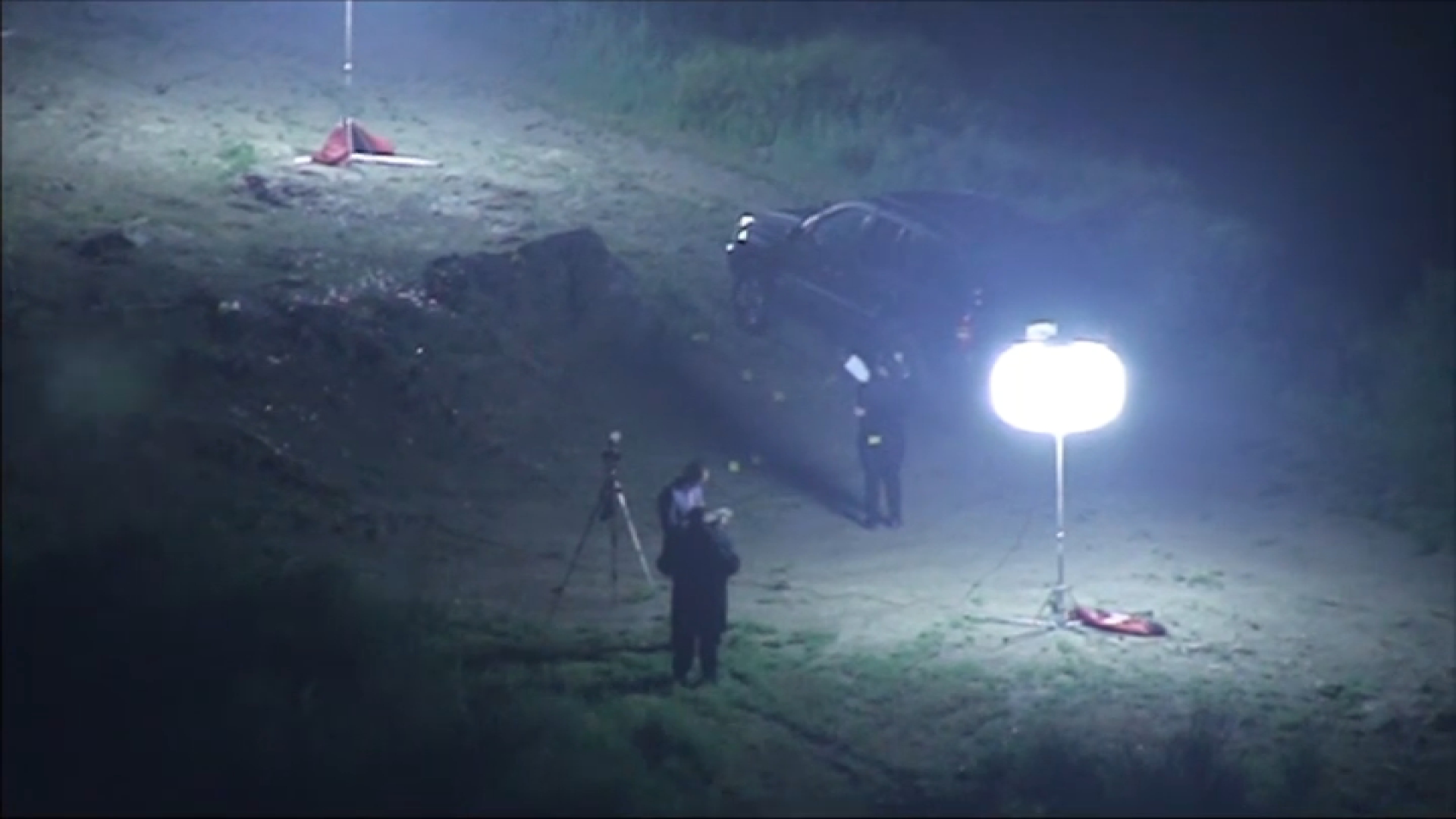A water main break was reported again Friday in East Hollywood a day after a pipe split sent water gushing into streets and parking garages in the same area.
Firefighters responded at about 2 a.m. Friday to the intersection of Clinton Street and Alexandria Avenue in East Hollywood, about a half-mile west of Thursday's flooding in the 600 block of New Hampshire Avenue. The broken water main was flooding the street for a full block.
About 15 customers are without water. Repair work, complicated by the location of a gas line, are expected to continue into Friday afternoon.
The break occurred just a few blocks from the site of Thursday's main break, one of three reported in the Los Angeles area. Other breaks were reported on Melrose Avenue in Hollywood and in the northeast San Fernando Valley.
"Because of the drought, there seems to be a heightened focus on our leaks, which is understandable," said LADWP Superintendent John Cox. "But our leak rate has actually dropped. About eight to 10 years ago, we were averaging six a day within the city. Now, we're down to about three a day."
The breaks and leaks generally result from the age of the Los Angeles Department of Water and Power's pipe system. Friday's break occurred along an 8-inch cast iron pipe installed in 1934 and Thursday's break involved a 12-inch pipe installed in 1929. Crews found a 12-foot-long split along that pipe, allowing water to flood underground parking garages.
The aging infrastructure problem was highlighted in 2009 when a break in Studio City damaged homes and again last summer when a pipe break flooded the UCLA campus. UCLA is seeking about $13 million in compensation from the LADWP, according to a Los Angeles Times report.
The LADWP said they're moving forward with a pilot program that could make breaks a thing of the past.
"Right now what we do is we track the leaks we get and then we build our mainline replacement program around where the bulk of the leaks are happening," Cox said. "I'd rather replace the ones that need replaced that are having the most problems."
News
Top news of the day
NBC4's Kevin LaBeach contributed to this report.



